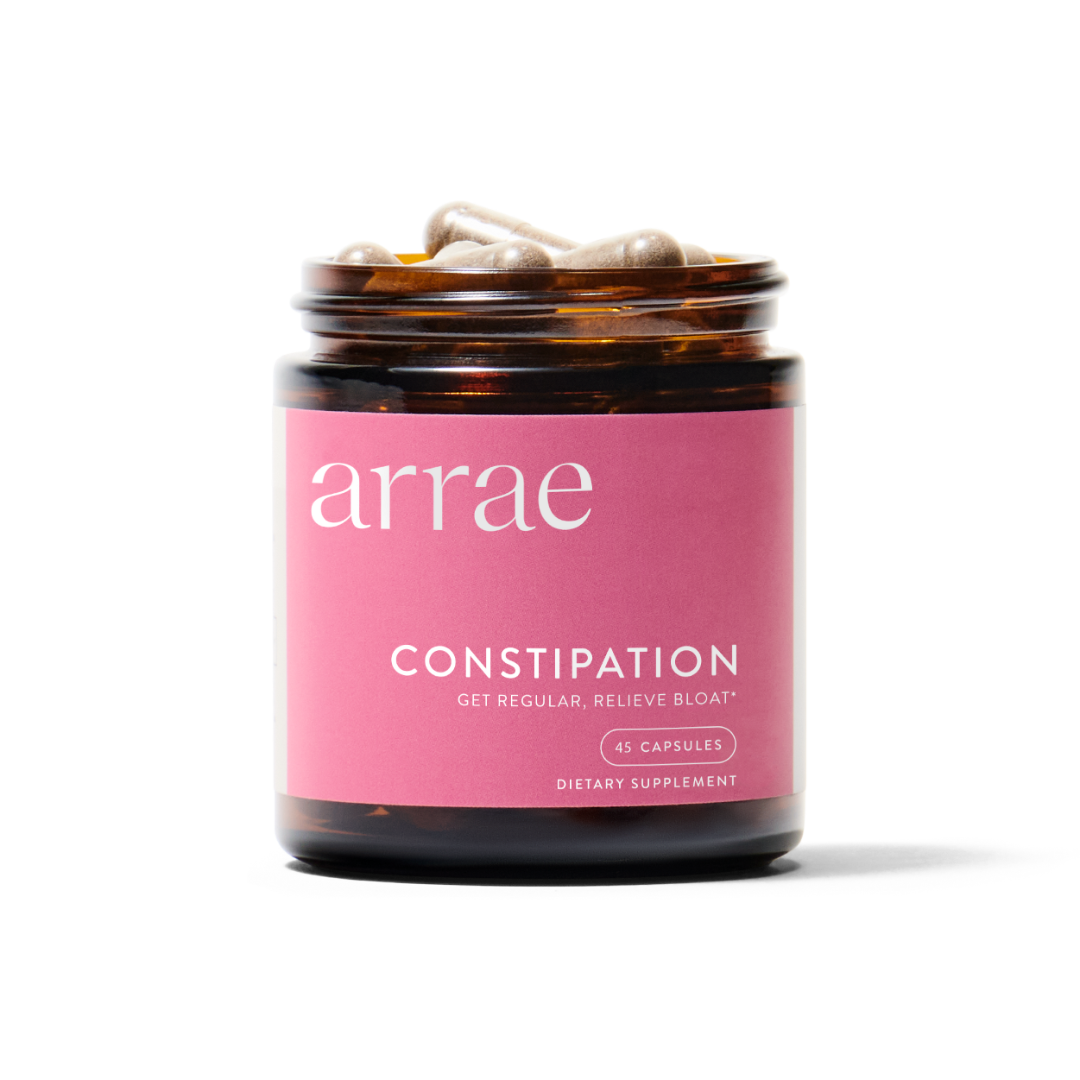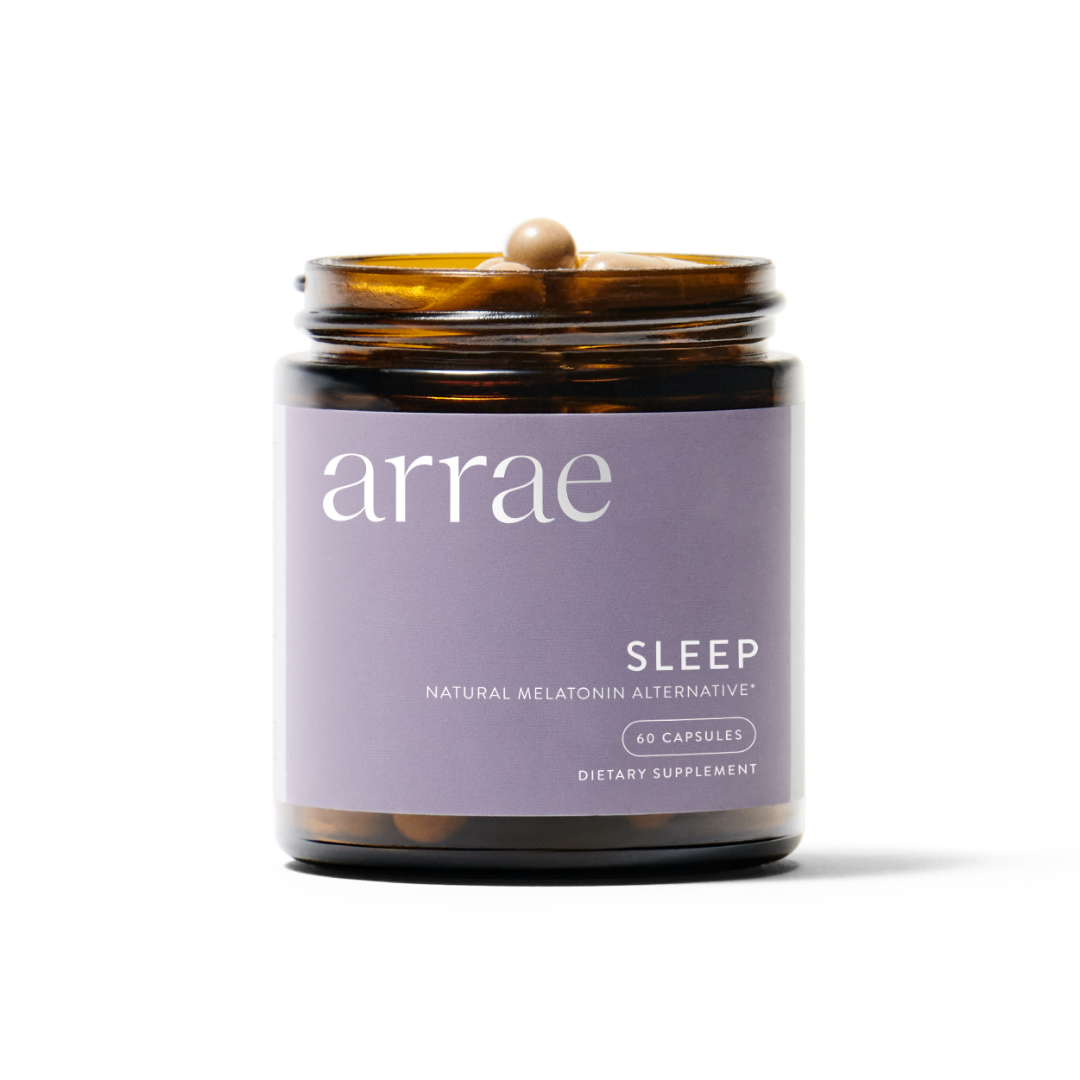Late night snacking is hugely tempting, and seems to be the perfect combination to go with a few episodes of Netflix. But when the body is busy digesting food, it can’t go into rest state, which makes it difficult to fall asleep. Avoid food for 2 hours before going to bed. If you do tend to get hungry before bed, it could be a signal that you’re simply not eating enough at dinner or throughout the day. So instead, ditch the snacks and ensure meals are satiating so you stay full for hours.
2. Avoid blue lights
Blue lights signal to our bodies that it’s time to be awake and alert. It can suppress the release of melatonin, which is the hormone that makes us sleepy. Ideally, we want to avoid blue light for a few of hours before going to sleep. So what to do when we have emails to answer or can’t help but scroll through TikTok at night? You can either opt for a pair of good blueblocking glasses (we love BluBlox), or a good free option is to download an app like f.flux which is a blue light blocking filter for phones and computers.
3. Put down devices one hour before bed
This may sound like the same tip as the previous one, but it’s not. Even with blue blocking devices, fact of the matter is, devices of all sorts are stimulating and do spike cortisol. The goal before bed should be to prime the nervous system for sleep, and answering emails, watching a nail-biting TV series, or even spending time on social media doesn’t do us any favours. Instead, try reading a book or some breathwork before going to bed. If you’ve never done breathwork, here’s a quick one that you can do tonight: in bed, placing your hands on your belly, perform square breathing: 4 counts in, hold for the inhale for 4 counts, 4 counts to exhale, hold the exhale for 4 counts. Do this 10 times.






















 Instagram
Instagram TikTok
TikTok Youtube
Youtube Facebook
Facebook Email
Email